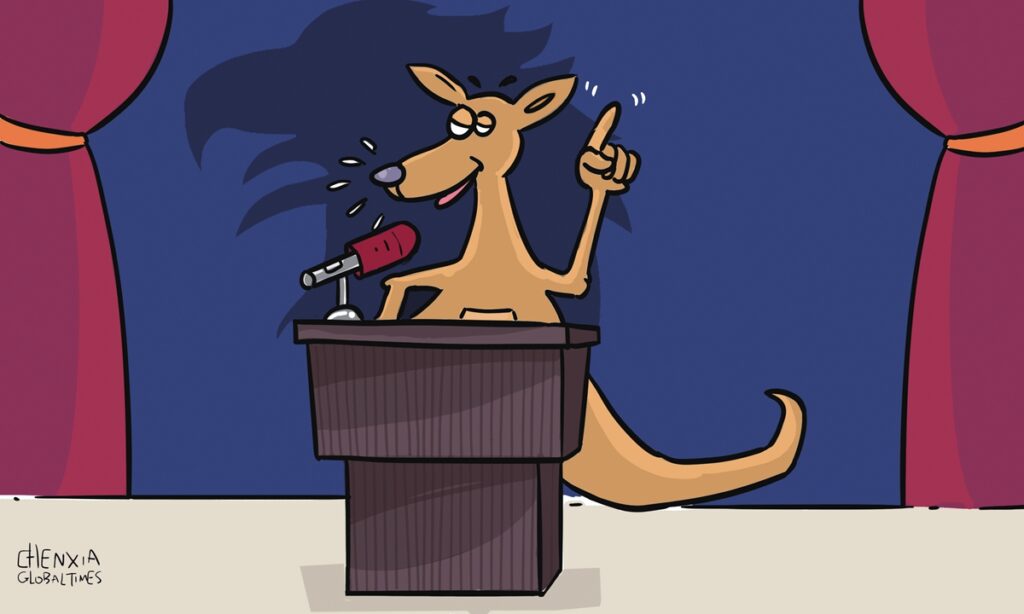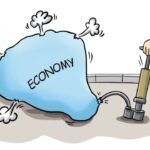Australia’s geopolitical interest in Southeast Asia appears to be growing amid its escalating tensions with China.
The Australian government is currently bidding for the Mekong-Australia Program on Transnational Crime, according to a notice published on the website of the country’s Department of Foreign Affairs and Trade (DFAT). With a budget of A$30 million ($22.9 million) from 2021 to 2029, the program is supposed to help some Southeast Asian countries in the Mekong region – Cambodia, Laos, Myanmar, Thailand and Vietnam – counter transnational crime.
If the program could constitute a real contribution to the efforts of promoting cross-border cooperation and curbing transnational crimes, Australia’s willingness to fund it would be welcome, even though the generous sponsorship is from a different part of the region. However, even observers from an Australian think tank, the Lowy Institute, acknowledged Canberra’s motivation behind the program stems from politics, which is not surprising.
Over the past years, Australia’s economic and trade cooperation with the 10-member Association of Southeast Asian Nations (ASEAN) has been growing steadily. In 2017-18, bilateral trade between the two sides totaled $110 billion, with the ASEAN becoming the second-largest trading partner to Australia, according to the DFAT. As an important part of the ASEAN, the Mekong countries also saw their trade with Australia on the rise.
Yet, it seems that the bilateral economic relationship hasn’t grown fast enough to meet Canberra’s geopolitical aspiration for the region.
Most of Australia’s projects in Southeast Asia, whether it’s the program for fighting transnational crime or the Mekong’s water resources management program, are easily interpreted by observers as Canberra’s deliberate push to counter China’s clout in a region of both increasing geopolitical and economic significance. Such perception, to a certain extent, has hindered Australia from engaging in economic and trade cooperation with the Mekong countries, even though economic cooperation across the region is open to varied economies.
It is worth noting that the Australian economy is currently experiencing difficulties, and it is doubtful whether it has the economic capability and sustainability to participate in the regional affairs in the long term. Moreover, the complementarities of goods traded between Australia and the Mekong countries are limited, and there is even some competition emerging between the two sides on exports of some resource products including natural gas.
While Mekong countries have their own economic development needs, it is clear that they have no intention of pandering to Australia’s latest US-backed geopolitical games.
Should Australia stick to its zero-sum mentality when it comes to its interaction with the region, the sustainability of bilateral economic ties will be weakened, and Australia’s reputation is likely to be damaged. In the end, the resilience of economic relationships between Australia and the Mekong countries will be weakened, too.
Illustration: Chen Xia/GT



